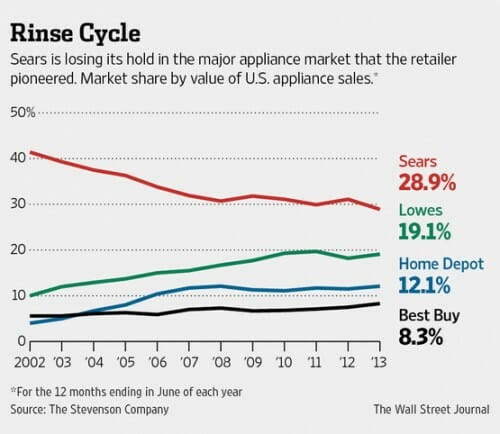Wow, Public Schools Must REALLY Suck
The title was my first thought when I saw this over at Kevin Drum's:
The Gates Foundation has spent about $200 million since 2010—in addition to other sources who kicked in about $400 million—on an education initiative designed to increase student performance:
The school sites agreed to design new teacher-evaluation systems that incorporated classroom-observation rubrics and a measure of growth in student achievement. They also agreed to offer individualized professional development based on teachers’ evaluation results, and to revamp recruitment, hiring, and placement. Schools also implemented new career pathways for effective teachers and awarded teachers with bonuses for good performance.
They helped out all teachers; fired bad teachers; promoted good teachers; and paid bonuses to effective teachers. So how did it work out?...
Long story short, there was no improvement at all in student achievement, despite the fact that funding was far greater than it would be in any real-life reform of this nature. There may have been some other successes in this program, but if the ultimate goal is better students, it was a complete failure. Whatever the answer is, rewarding good teachers and firing bad ones sure doesn’t seem to be it.
The organizations around these teachers must really suck because no reasonable person would expect that, in a service business, increasing employee accountability and upgrading the employee base would have no effect on customer service.
I have written before about how bad, senescent organizations destroy the value of good employees. For example, in the context of the General Motors bankruptcy:
A corporation has physical plant (like factories) and workers of various skill levels who have productive potential. These physical and human assets are overlaid with what we generally shortcut as "management" but which includes not just the actual humans currently managing the company but the organization approach, the culture, the management processes, its systems, the traditions, its contracts, its unions, the intellectual property, etc. etc. In fact, by calling all this summed together "management", we falsely create the impression that it can easily be changed out, by firing the overpaid bums and getting new smarter guys. This is not the case - Just ask Ross Perot. You could fire the top 20 guys at GM and replace them all with the consensus all-brilliant team and I still am not sure they could fix it.
All these management factors, from the managers themselves to process to history to culture could better be called the corporate DNA*. And DNA is very hard to change. ...
Corporate DNA acts as a value multiplier. The best corporate DNA has a multiplier greater than one, meaning that it increases the value of the people and physical assets in the corporation. When I was at a company called Emerson Electric (an industrial conglomerate, not the consumer electronics guys) they were famous in the business world for having a corporate DNA that added value to certain types of industrial companies through cost reduction and intelligent investment. Emerson's management, though, was always aware of the limits of their DNA, and paid careful attention to where their DNA would have a multiplier effect and where it would not. Every company that has ever grown rapidly has had a DNA that provided a multiplier greater than one... for a while.
But things change. Sometimes that change is slow, like a creeping climate change, or sometimes it is rapid, like the dinosaur-killing comet. DNA that was robust no longer matches what the market needs, or some other entity with better DNA comes along and out-competes you. When this happens, when a corporation becomes senescent, when its DNA is out of date, then its multiplier slips below one. The corporation is killing the value of its assets. Smart people are made stupid by a bad organization and systems and culture. In the case of GM, hordes of brilliant engineers teamed with highly-skilled production workers and modern robotic manufacturing plants are turning out cars no one wants, at prices no one wants to pay.
Postscript: From some experience with private schools, I would say the biggest difference is that private schools set higher expectations. Even starting in kindergarten, my kids were doing WAY more advanced work than in public schools. I understand that public schools are public and thus tasked with teaching everyone, so there is pressure to pace the work to the slowest student. But the slow pace of public school starts even in the early grades before the school reasonably knows who the slowest kids are. Public schools that have low expectations for student performance are not going to be suddenly improved by better teachers. Putting Gordon Ramsey behind the counter at a Long John Silver fast food restaurant is not going to make the food suck any less.
